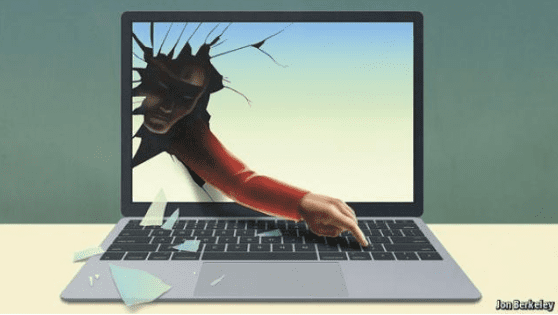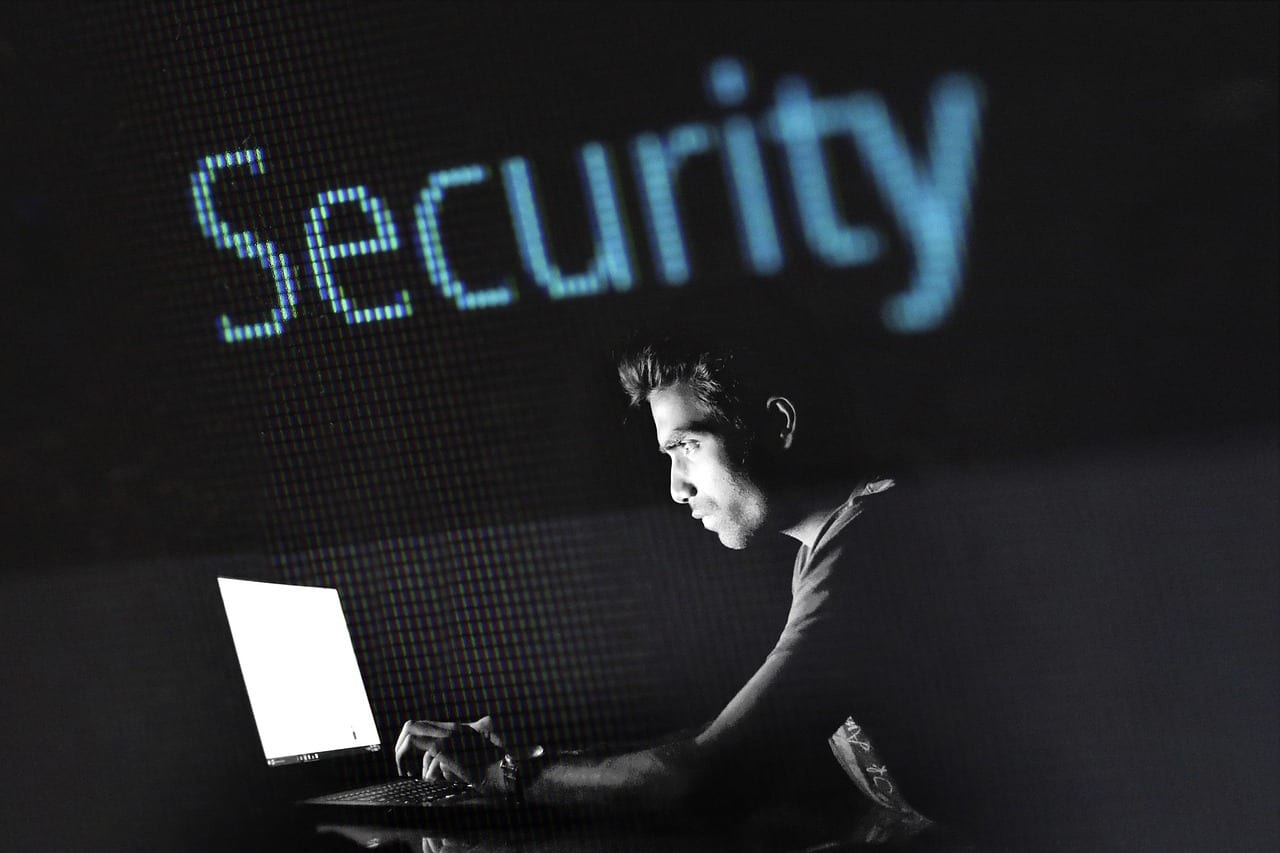Passwords. If you work online or spend a lot of time on the internet, you are familiar with passwords. They are meant to ensure that no one else can access your information across social media, email, hard drives, etc.
However, cyber criminals have become more sophisticated in their methods of password hacking, making it more important to improve your security online. In short, make sure that your password is strong enough to fend off cyber attacks.
Why Weak Passwords Are Risky?
Every individual or business professional who uses the internet relies on passwords to access their device or accounts. While you may want a simple password to make your life easy, remember that easy for you means easy for hackers. It could put your personal and professional life in jeopardy if hackers gain access to sensitive information on your account or device.
It cannot be stressed enough that a weak password is considered a huge security threat. Think of it as something like a cheap lock. It won’t be able to do its job of fending off attackers if it can be easily cracked.


The importance of improving password security is a pressing matter today. This is especially true in a business setting wherein passwords are often shared by colleagues. If the password is weak, the entire system of your small business can be compromised. This could also mean loss of data for the company and for its clients. Experts recommend that you switch to the latest version of your computer software and to update your password regularly. These are simple steps that can be taken to avoid data breach caused by weak passwords.
There is no need to set up a super complicated security policy for your computer networks. But the reality exists: weak passwords are easy targets.
Characteristics of Strong Passwords
With an understanding of the potential risks involved in using weak passwords, it is time to shift the focus towards strong passwords. What qualifies as a strong password? There are no hard and fast rules regarding the strength of passwords. But you can take the recommended measures below to be confident that you can fend off hacking attempts:
- A strong password should be no less than 64 characters in length. Again, there is no strict rule that governs what makes a password strong or weak. But longer passwords tend to become more resilient to cyber-attacks. This length encourages creativity in using characters and symbols in your password, consequently making it more difficult to guess combinations. If you think 64 character-passwords are too long, make yours at least more than 16 characters in length.
- It should consist of all printing characters. You should not stick to using letters and numbers alone. You can even use the UNICODE characters if you want. This will make it more difficult to find combinations that would match your password.
- There should never be a password hint. There are some accounts or devices that allow you to add a password hint. This hint is designed to help you remember your password in the event that you forget it. While it is helpful to you, the user, it can also be helpful to hackers.
- Don’t use common information about you as a password. Things like your name, middle name, or that favorite coffee drink you often share pictures of on social media should not be your password. In other words, come up with something that is not common knowledge. Ideally, something only you should know.
Dos and Don’ts of Password Security
If you think you know all of the rules to creating a secure password, think again. Here are some dos and don’ts you need to know to keep your password safe:
- DO NOT use default passwords. Most hackers and cyber criminals use those default access codes when trying to get into your account or device. Once again, make sure that it is something that only you know about.
- DO NOT use weak passwords. A weak password consists of numbers or characters only. Your password must be a combination of letters, numbers, and special symbols.
- DO NOT make short passwords. A lot of people tend to keep their password short so it can be remembered easily. But IT experts suggest that longer passwords are more secure.
- DO NOT keep a password for too long. This is another tip that experts suggest to secure your password: change it often. This practice can help to improve your device’s security, especially if your previous password had been compromised.
Now that you are aware of what not to do when choosing and remembering passwords, here are things you should do:
- DO make your password easy to remember. You can use familiar words and substitute the characters with numbers or symbols (for certain letters/characters). For example, when typing a word, use the number zero instead of the letter O. It is a fun trick to use to keep your password long but easy to remember. It is also advisable to switch from upper to lower cases at random.
- DO use a password manager. This is an app that enables you to store your different passwords for different accounts in a secure space. This will save you the hassle of trying to remember all of your passwords.
- DO keep your password different for each site or account. That way, you won’t compromise all of your accounts if one password was cracked.
Here are some additional tips about securing your password:
- DO NOT store them in a text file or document. The files on your computer can be accessed by someone else, or hacked by cyber attackers. This means that your password can be stolen by cybercriminals.
- DO NOT save passwords on your browser, too. Cyber criminals target browsers when launching their attacks.
Conclusion
It is impossible to create passwords that will provide you with foolproof protection from cyber criminals. The only thing you can do is to follow the best practices when choosing a password. This will make it harder for hackers and prevent them from accessing your account or device. Cyber criminals are working hard and using more sophisticated devices to steal your information. Sometimes, a strong password is all you need in order to prevent a cyber-attack.


